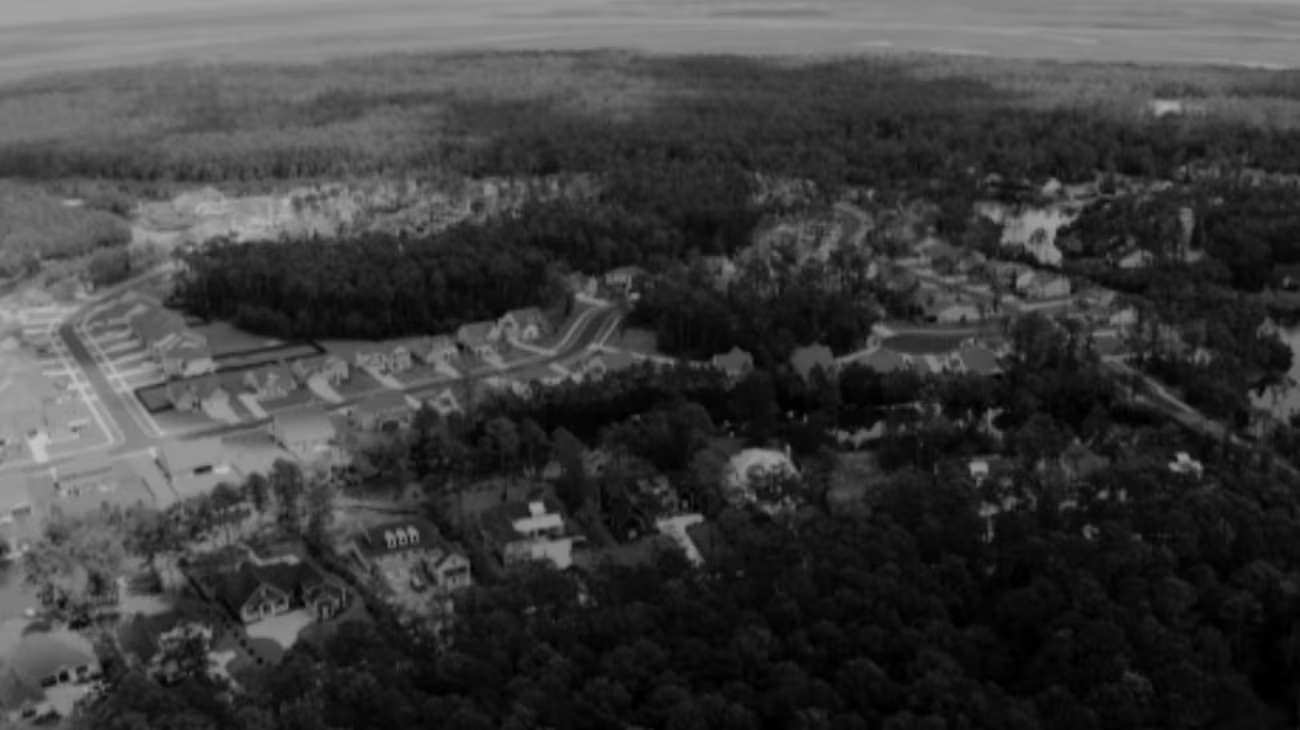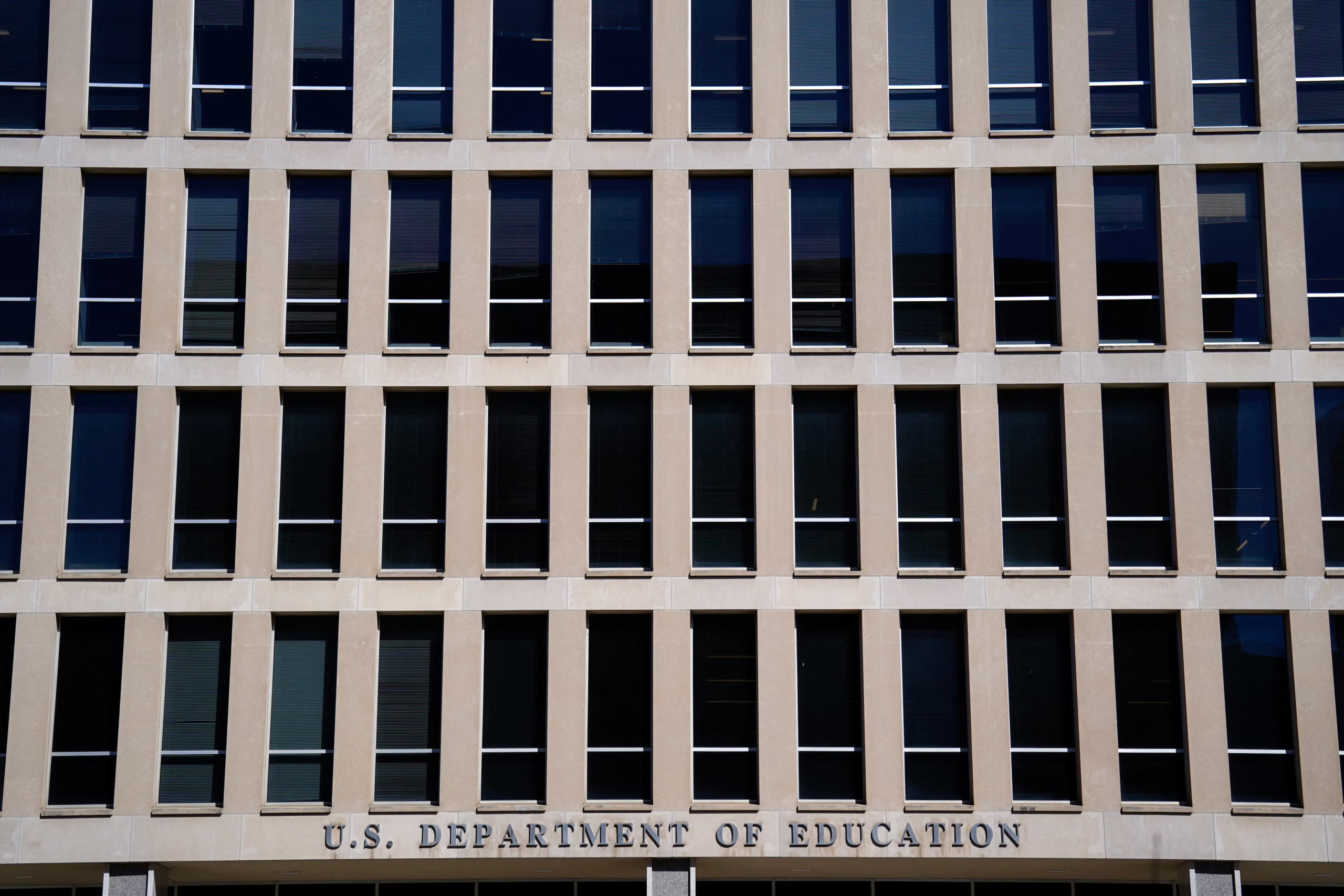
In recent years, the landscape of international real estate investment has experienced significant shifts. While the United States has traditionally been a magnet for global investors, a notable decline in foreign investment inflows has been observed there. Conversely, the UK, France, and Germany are experiencing a surge in foreign capital pouring into their property markets. This phenomenon reflects broader economic trends, geopolitical considerations, and evolving investor strategies that are reshaping the global real estate scene.
Shifting Dynamics of Global Real Estate Investment
The Declining Trend in US Foreign Investment
The United States, long considered a premier destination for foreign real estate investment, has seen a substantial decrease in foreign capital inflows in recent times. Several factors contribute to this trend:
- Economic Uncertainties: Fluctuations in the US economy, coupled with rising interest rates, have made investments less attractive for international buyers seeking stable and predictable returns.
- Regulatory Changes: Enhanced scrutiny and stricter regulations concerning foreign ownership have introduced hurdles for investors.
- Geopolitical Tensions: Political uncertainties and policy shifts have prompted some foreign investors to seek alternatives beyond the US market.
This decline does not imply a complete retreat but highlights a shift in investor priorities and risk assessments.
Rise of the UK, France, and Germany as Investment Hubs
In contrast, the UK, France, and Germany are witnessing a remarkable increase in foreign investments. According to recent reports from CoStar reports, these regions are becoming increasingly attractive to international investors seeking stability, growth potential, and diversified portfolios.
Factors Driving the Surge in UK, France, and Germany
Economic and Political Stability
Stability is a significant factor attracting foreign investors. The UK, France, and Germany offer mature economic frameworks, transparent legal systems, and relatively stable political environments. These qualities instill confidence in investors looking to safeguard their capital against geopolitical turbulence.
Market-Specific Opportunities
Each of these countries presents unique opportunities unique to their local markets:
- United Kingdom: A robust commercial real estate market, especially in London, coupled with a resilient residential sector, continues to draw substantial foreign interest.
- France: Paris remains a global hub for luxury properties and commercial investments, supported by a stable economic outlook and attractive tax policies.
- Germany: Known for its strong industrial base and demand for residential properties in major cities like Berlin, Frankfurt, and Munich, Germany offers sustainable growth prospects.
Implications for Global Real Estate Markets
Reshaping Investment Strategies
The shifts highlighted above indicate an evolving landscape where global investors are recalibrating their strategies. Factors like market stability, currency considerations, and geopolitical risks influence decisions more significantly than ever before. Investors are increasingly diversifying their portfolios across regions that demonstrate resilience and growth potential, with the UK, France, and Germany emerging as key beneficiaries.
Impact on Local Markets
As foreign capital inflows increase in these regions, local real estate markets experience several effects:
- Pricing Growth: Increased demand fuels property price escalation, making affordability a concern for local residents.
- Development Activity: High foreign investment incentivizes new development projects, boosting construction sectors and creating jobs.
- Market Competition: Surging foreign interest intensifies competition, potentially leading to overheated markets if not managed carefully.
Future Outlook
The ongoing trends suggest that the UK, France, and Germany will continue to attract significant foreign investment in the coming years. Policymakers and stakeholders need to carefully balance welcoming foreign capital with safeguarding local interests. Meanwhile, the US may need to reconsider strategies to reinvest its attractiveness to international investors by addressing regulatory bottlenecks and economic uncertainty.
Ultimately, the global real estate scene is becoming more diversified, with shifting centers of attraction reflecting broader economic and geopolitical realities. Investors are increasingly cautious but optimistic about opportunities presented by resilient markets like those in Europe.
Conclusion
In conclusion, the dynamic between the declining foreign investment in the US and the rising influx into the UK, France, and Germany underscores a pivotal transformation in global real estate investment patterns. With stability, growth potential, and favorable policies, Europe appears poised to remain a key destination for international capital. These trends offer both opportunities and challenges for investors, developers, and policymakers seeking to navigate the ever-changing landscape of global real estate markets.
As the world continues to evolve politically and economically, staying informed about these shifts is essential. The rising prominence of European markets signifies a period of strategic recalibration for investors worldwide.
For more updated news please keep visiting Prime News World.








